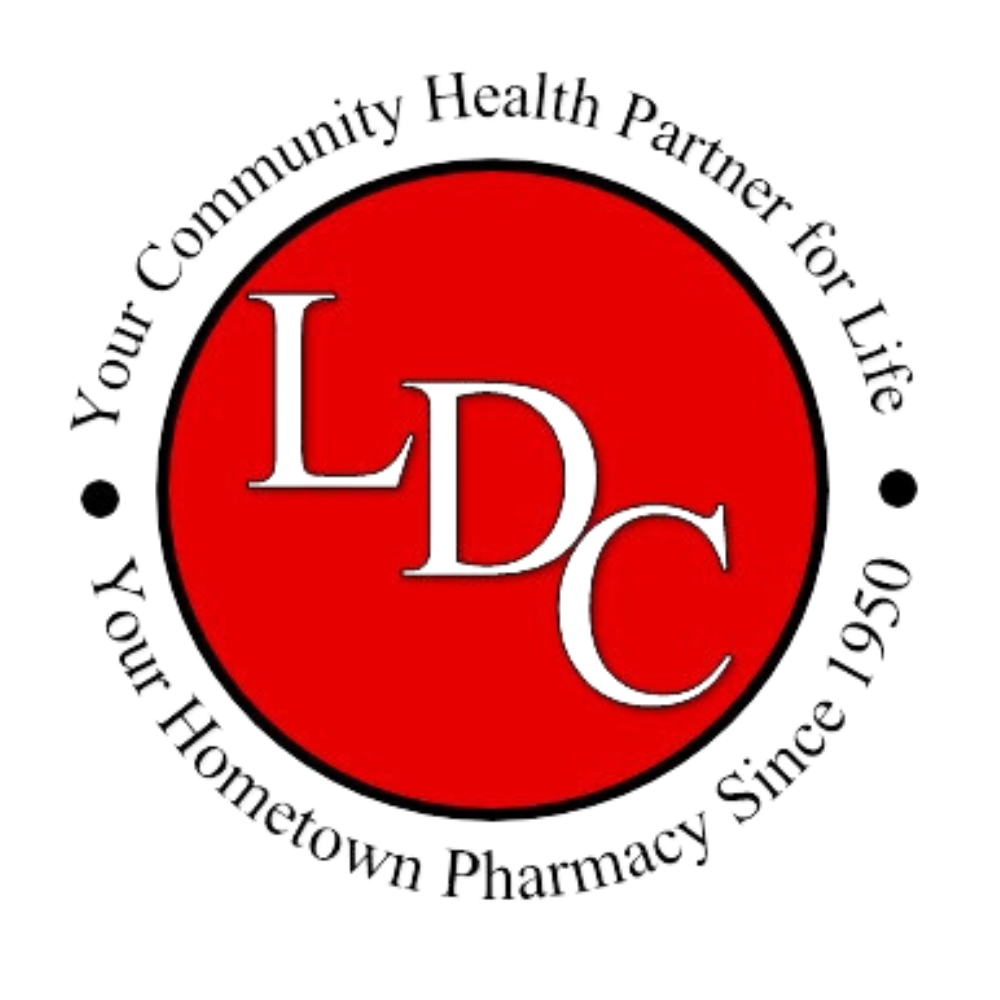Fatigue is one of the most underestimated symptoms of diabetes. It’s more than mere tiredness—it’s a pervasive sense of exhaustion that can disrupt every corner of your life. Many individuals describe diabetes-related fatigue as feeling trapped in a body weighed down by unrelenting heaviness, no matter how much rest they get.
Understanding what this fatigue feels like and its triggers can help you take meaningful steps toward managing it. At Lakeland Drug Company, we are here to support you on that path with expert guidance tailored to you.
Understanding Diabetes Fatigue: It's Not Just Being Tired
How Blood Sugar Levels Affect Energy
High or low blood sugar can wreak havoc on your body’s ability to generate energy. Cells require glucose as fuel, but when insulin isn’t properly managing glucose levels, the result is uneven energy production, leaving you drained.
Insulin Resistance and Fatigue
Insulin resistance, a hallmark of Type 2 diabetes, makes it difficult for your cells to use glucose effectively. This inefficiency forces your body to work harder, leaving you feeling fatigued even after mild exertion.
A Sign of Undiagnosed Diabetes
Unexplained fatigue could be one of the earliest indicators of uncontrolled or undiagnosed diabetes. Persistent exhaustion alongside other symptoms, such as frequent urination or excessive thirst, can signal it’s time for a healthcare consultation.
The Physical and Mental Toll
Diabetes fatigue affects both body and mind. Its wide-ranging impact can slow you down physically and cloud your thinking.
-
Physical Struggles: You may experience weakness in your muscles, heaviness in your limbs, or an overall sense of sluggishness.
-
Cognitive and Emotional Strain: "Brain fog," poor memory, concentration issues, and emotional fatigue can make even simple tasks feel monumental.
-
Interference with Life: Fatigue can derail daily routines, sap your motivation, and affect your work or family life.
Lakeland Drug Company offers personalized pharmacist consultations to help you identify ways to regain control and improve your energy.
What Diabetes Fatigue Actually Feels Like
A Unique, Overwhelming Exhaustion
For many, diabetes fatigue feels like dragging a weighted body through every task, no matter how straightforward. Even after a full night’s rest, the fatigue persists, leaving you "unrefreshed."
The Emotional Impact
You may feel misunderstood by others who incorrectly equate it with a lack of effort. This can lead to frustration, isolation, and anxiety, compounding the fatigue further.
Common Daily Triggers
Fatigue can worsen with certain daily habits or circumstances, including:
-
Blood Sugar Swings: Sudden highs or lows affect energy levels.
-
Dehydration and Poor Sleep: Both amplify feelings of exhaustion.
-
Stress: Emotional stress disrupts hormonal balance, worsening fatigue.
-
Skipped Meals or Medication Issues: Irregular eating patterns and medication mismanagement can destabilize blood sugar.
At Lakeland Drug Company, our pharmacists help patients uncover patterns contributing to their fatigue and provide actionable strategies.
Key Signs That Your Fatigue May Be Linked to Diabetes
Telltale Symptoms to Watch For
Recognizing the connection between your fatigue and diabetes is crucial. Be aware of the following symptoms:
-
Fatigue that intensifies after meals or light exercise.
-
Excessive thirst, frequent urination, or blurred vision.
-
Tingling sensations in your hands or feet, often at night.
When to See a Healthcare Professional
Don’t ignore persistent, unexplained fatigue. It’s essential to consult a healthcare professional, especially if fatigue worsens despite lifestyle changes. Blood tests can confirm whether diabetes or other conditions are the root cause, and early intervention can prevent severe complications.
What You Can Do About Diabetes-Related Fatigue
Managing this type of fatigue means addressing it from multiple angles, including nutrition, exercise, sleep, and stress management.
Balanced Nutrition for Sustained Energy
-
Stick with meals that combine complex carbohydrates, proteins, and healthy fats to stabilize blood sugar.
-
Avoid high-sugar foods that cause energy crashes.
-
Drink plenty of water; dehydration intensifies fatigue.
Movement That Energizes, Not Drains
-
Engage in light physical activities such as walking, yoga, or strength exercises.
-
Even short, consistent exercise sessions can boost your mood and improve insulin function.
Prioritize Sleep and Stress Management
-
Poor sleep disrupts glucose regulation. Aim for 7–9 hours of quality sleep per night.
-
Use mindfulness techniques, such as deep breathing or journaling, to lower stress and boost energy.
-
Stick to regular bedtime routines to improve sleep hygiene.
Medication Matters: How Proper Management Reduces Fatigue
Understanding Side Effects
Some diabetes medications may contribute to fatigue. Adjusting doses or changing the timing can often minimize their impact. A pharmacist consultation can help optimize your medication plan for better energy.
The Role of Supplements
Certain supplements, like B vitamins, magnesium, or alpha-lipoic acid, may support energy and nerve health. Always consult a pharmacist or healthcare provider before adding supplements to your routine.
Lakeland Drug Company specializes in medication evaluations and can help tailor a plan to your needs, ensuring each solution complements your lifestyle.
Recharge Your Routine with Lakeland Drug Company
Your health is personal, and so should your care. Lakeland Drug Company is committed to helping you restore energy and confidence. We offer tailored solutions, from personalized supplement recommendations to wellness services.
Whether you need help balancing your medications, integrating new glucose-monitoring tools, or learning practical lifestyle strategies, our team is ready to assist. Walk in or schedule a one-on-one consultation to start feeling like yourself again.
Conclusion: Take Diabetes Fatigue Seriously and Take Action
Diabetes fatigue isn’t just "being tired." It’s your body signaling that something needs attention. By understanding its causes, you can take steps to regain control over your energy and, importantly, your life.
Managing this symptom goes beyond treating it—it’s about addressing the root cause to improve your daily well-being. Lakeland Drug Company is here to support you with expert consultations and tailored strategies to help you succeed. Contact us today and take one step closer to feeling your best.

